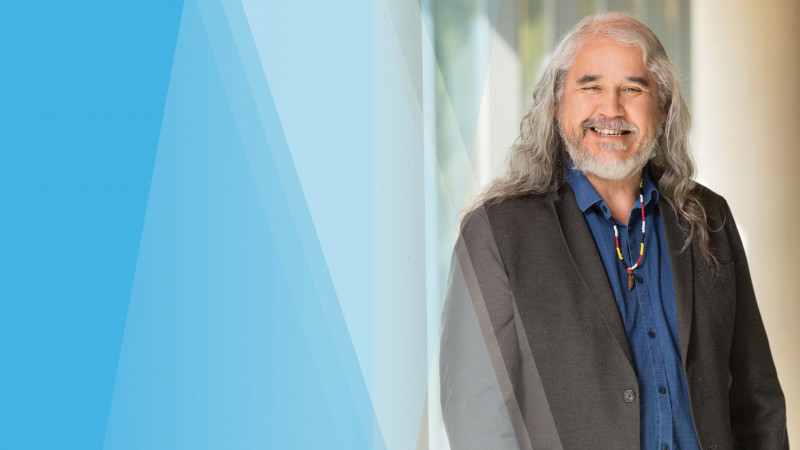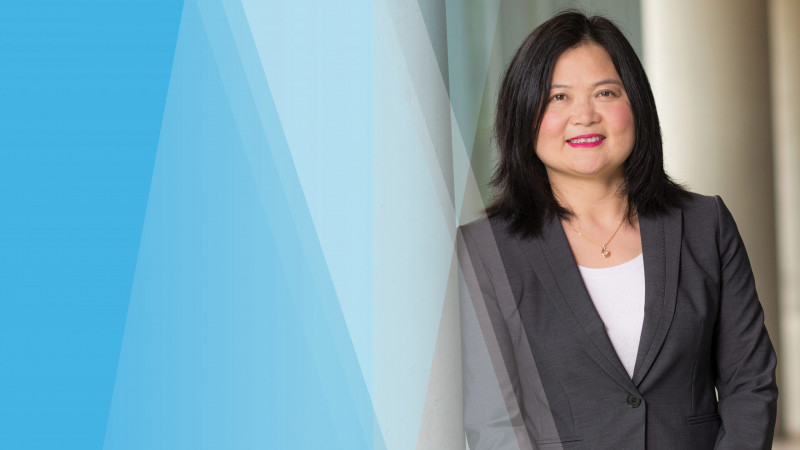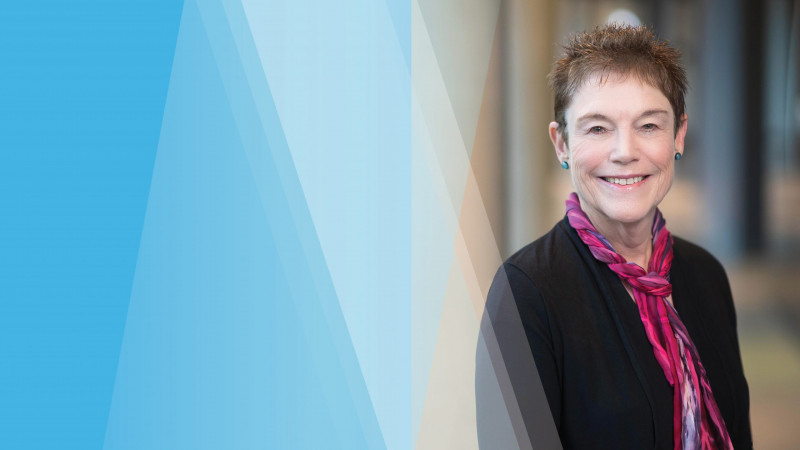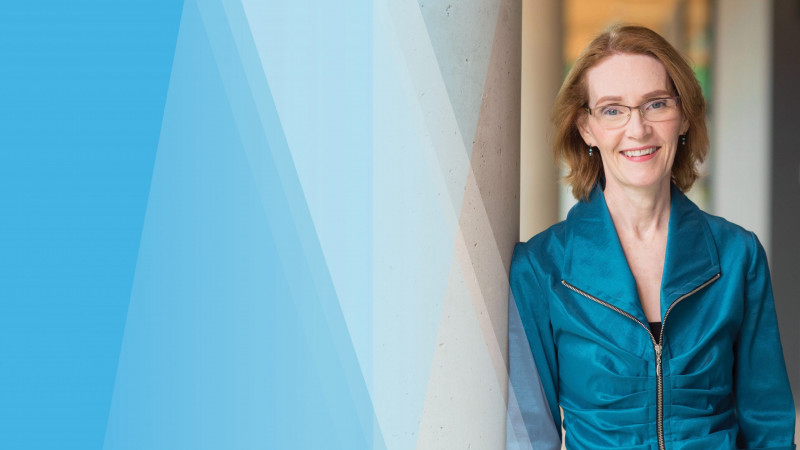Dr. Annette Henry
Visit Dr. Henry’s profile page | Watch Dr. Henry’s video | Learn more about Dr. Henry’s research
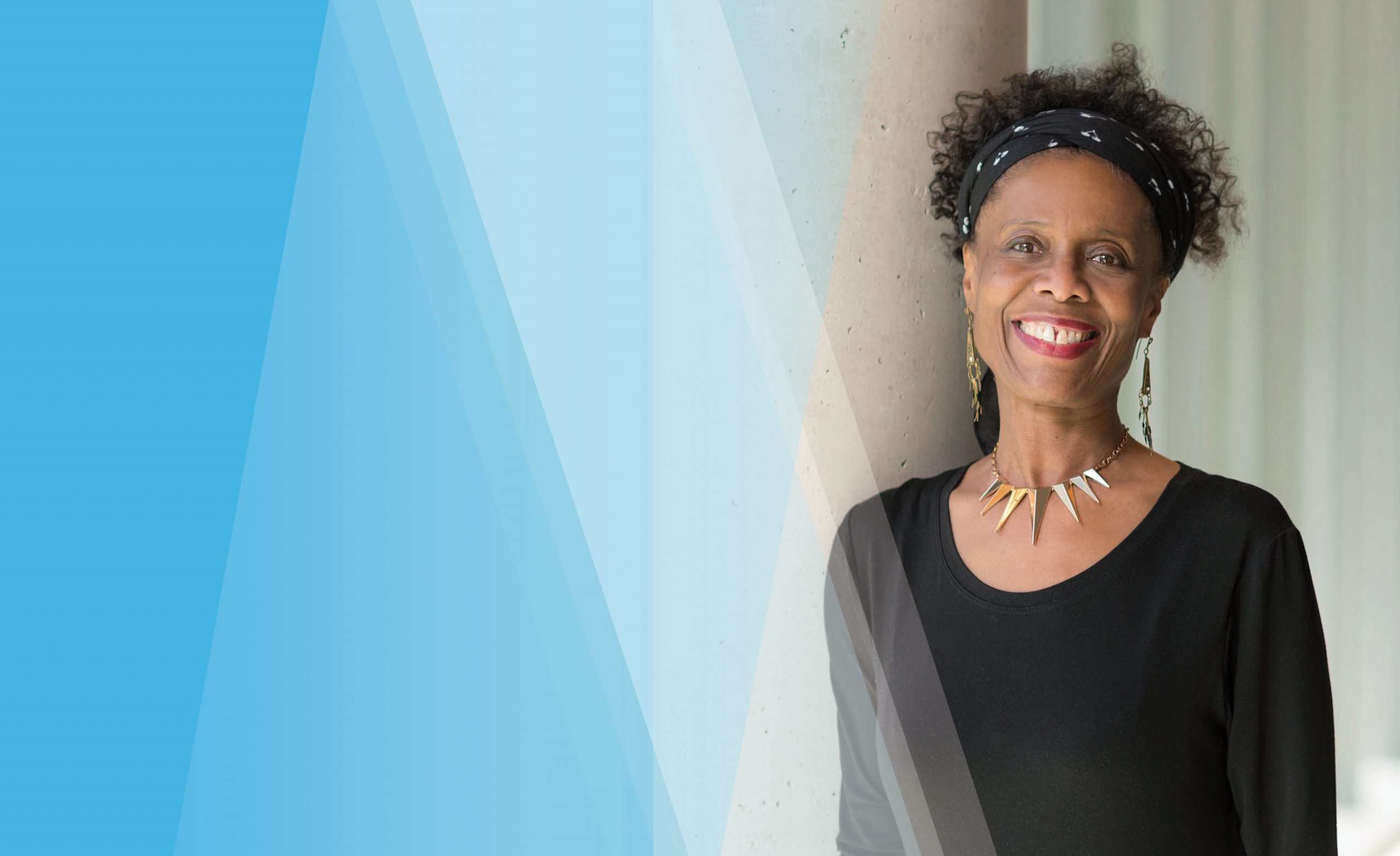
Q&A with Dr. Annette Henry
What role do educators play in creating a more equitable world?
Teaching is a powerful and political act, and educators can make a tremendous impact in helping create a more equitable world. Educators have the opportunity to prepare youth to live and work in a more just and compassionate society. At the university level, we have the opportunity to work on critical educational issues with our teacher candidates and graduate students.
What role does data play in multicultural and anti-racist education?
Data is a tool of accountability. Without “good” data, we cannot accurately know how or what people are doing, or what issues need to be addressed. While we may think people are making a particular impact, the data may tell a different story. The absence of data allows injustices to continue.
Current data collection practices often lump people together with problematic terms, such as visible minorities. For example, if a report states that a handful of people who are visible minorities are in an institution, one might claim the institution to be diverse. However, visible minority data does not clarify the specificities and challenges of racialized groups. On a positive note, intersectional data can play a powerful role in exposing the complex matrix of power relations and inform policy and practice.
What are key items to know about power and privilege?
Power and privilege are two sides of the same coin. We are all multiply implicated in dimensions, such as language, race, gender, class, skin colour, religion, ethnicity, culture, age, sexuality, etc. Power operates through these dimensions and, for example, in the case of school achievement, may cause educational and social stratification. Further, people often do not understand power and privilege, nor their structural and systemic nature. Accordingly, vigilant work is required to understand one’s power and privilege in different contexts.
What are key items to know about bystander intervention?
In the face of unjust acts, people may feign ignorance or freeze when an inappropriate, hurtful, abusive, racist or sexist incident occurs. One of my goals at UBC has been to help people become more articulate about race and inequities and, in turn, feel more comfortable discussing them or acting when injustices occur. It is important to speak up, intervene or be an ally to help bring about systemic change.
What steps can people take to help solve racial taxation?
Racial taxation is an example of the power-privilege dynamic. In workplaces, racialized people are often expected to perform extra duties. Colleagues need to be aware of the unfair burdens of racial taxation. Also, some people believe that racialized people should be compensated for devoting emotional labour and time to activities beyond the regular scope of their work.
What roles do language and literacy play in your work?
My research is multidisciplinary, drawing from humanities and social sciences. I have written about language, culture and Black education. Recently, I wrote an article about my dub poetry course. The course focused on the creative and subversive possibilities of language, such as Jamaican patois, in the critique of Canadian multiculturalism. The course provided a wonderful opportunity for students to learn about dub poetry and Black women poets, as well as the opportunity to experiment with and interrogate aspects of their languages and cultures in relation to the course materials. Regardless of the course, I teach about the relationship between language and other issues, such as access to opportunity, as differences in language and literacy education can open or close doors to social and economic mobility.
What keeps you inspired?
Many aspects of my work keep me inspired and joyous. I believe in transformation and am delighted when I see students grow and learn throughout a course. I believe in the power of curriculum and pedagogy to change consciousness, and am energized by interactions with students and the learning in the classroom. I am excited by my current research projects, including a multi-year critical oral history that will culminate in a Black oral history digital archive. I am also motivated by the students and faculty on my research teams. There is much work to do in the name of equity and justice; that inspires me to keep researching and writing.
What are three actions educators can take to foster multiculturalism?
- Get to know their students: Educators can develop more inclusive lessons by becoming more closely acquainted with their students’ identities and cultural backgrounds with the aim of decentering the Eurocentric curriculum.
- Proactively learn about anti-oppressive practices: There is a plethora of books, articles, blogs, podcasts, lectures, and online materials that examine these topics and educators should take it upon themselves to apply this easily accessible knowledge.
- Practice self-reflection: Educators can help foster an inclusive and equitable learning environment by continually re-evaluating their own practices and the knowledge they produce with students with the aim of developing empowering critical and engaged pedagogies.
How can education build a more just and equitable society?
“Give [educators] a framework, especially an anti-oppressive framework, a social justice framework, to understand issues of power, issues of race and class, issues of gender, sexuality; all of those aspects and dynamics that are at play, not only in the classroom, but in everyday life.” – Dr. Annette Henry
